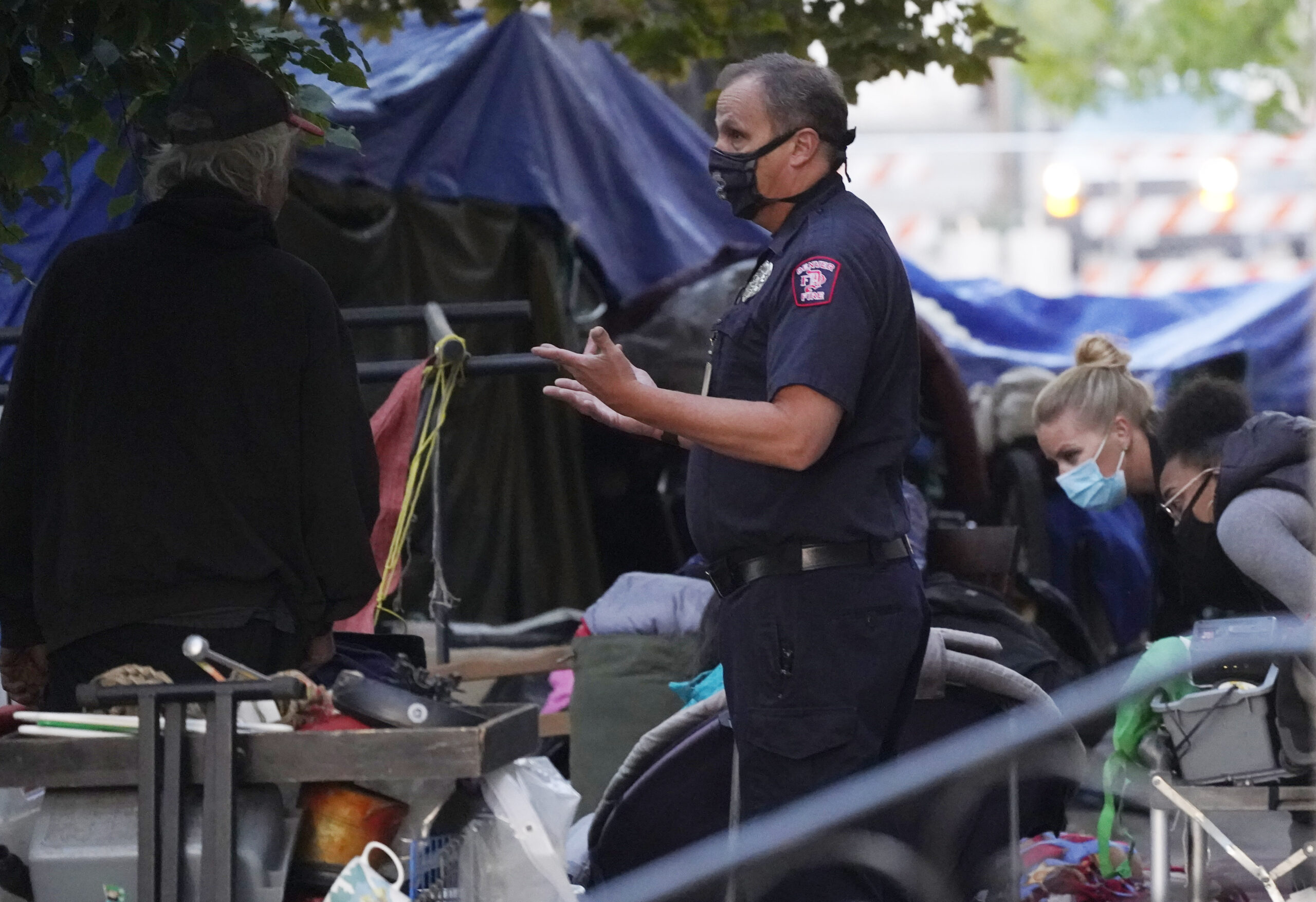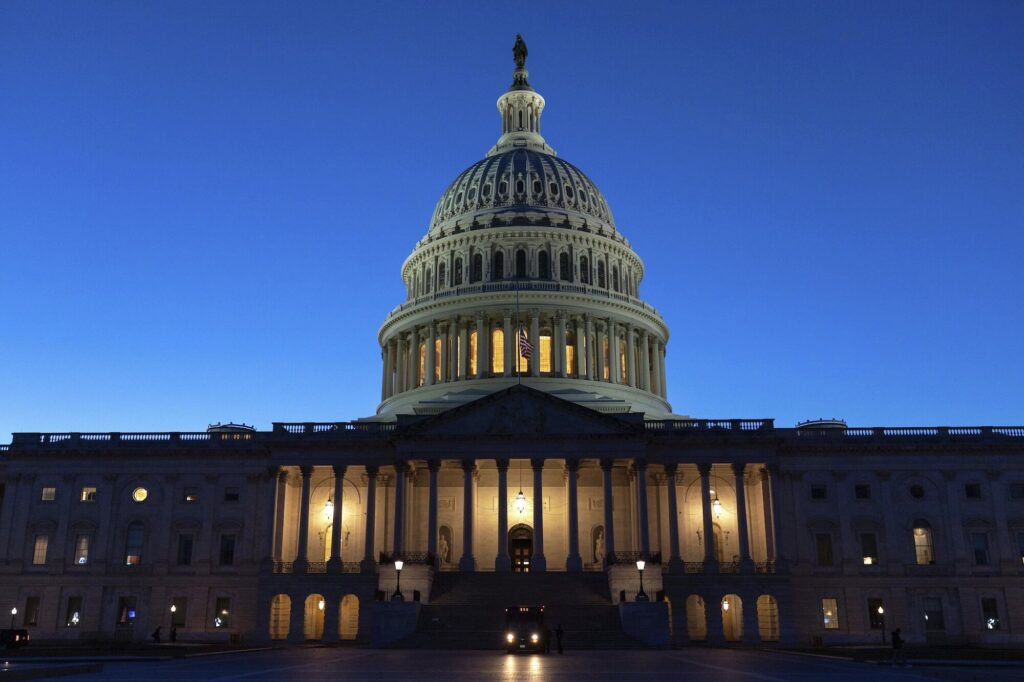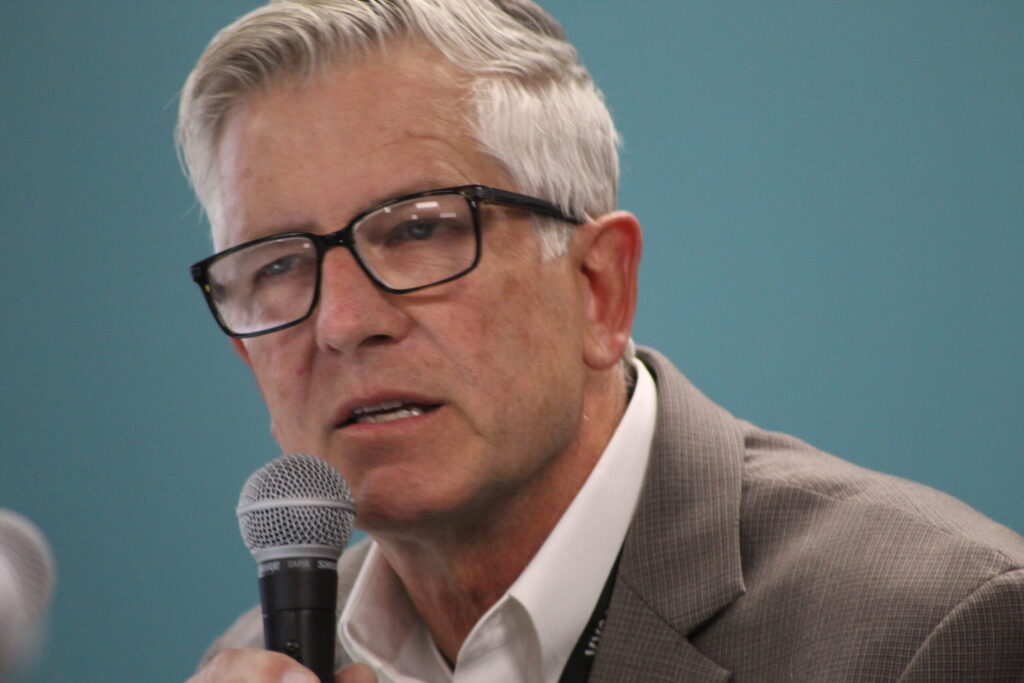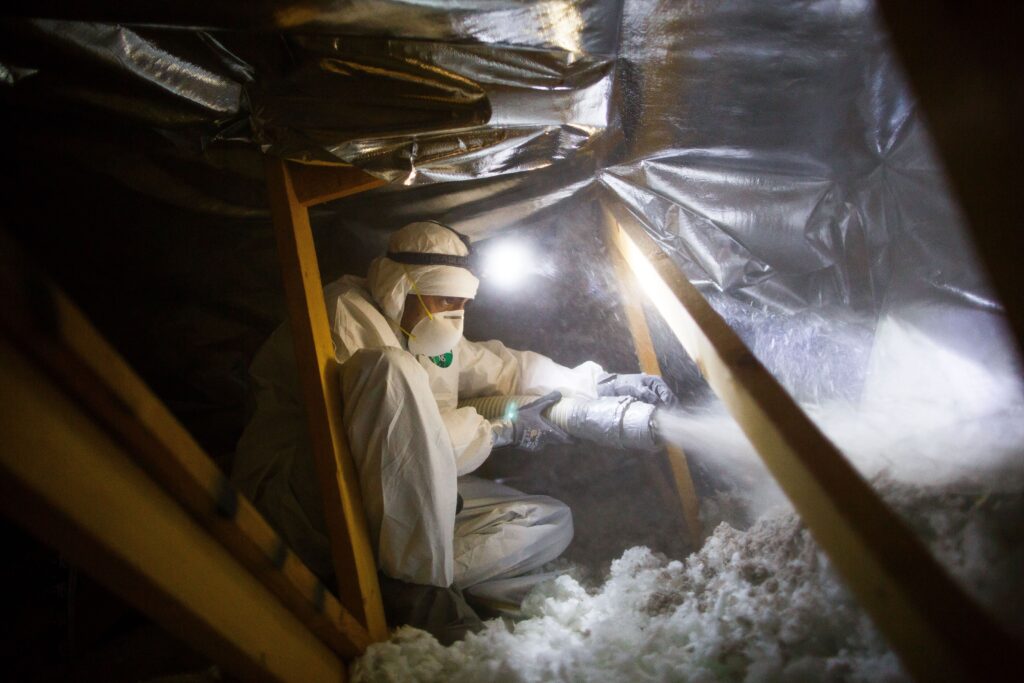Judge rules Denver must provide 7-day notice before homeless sweeps; city to appeal
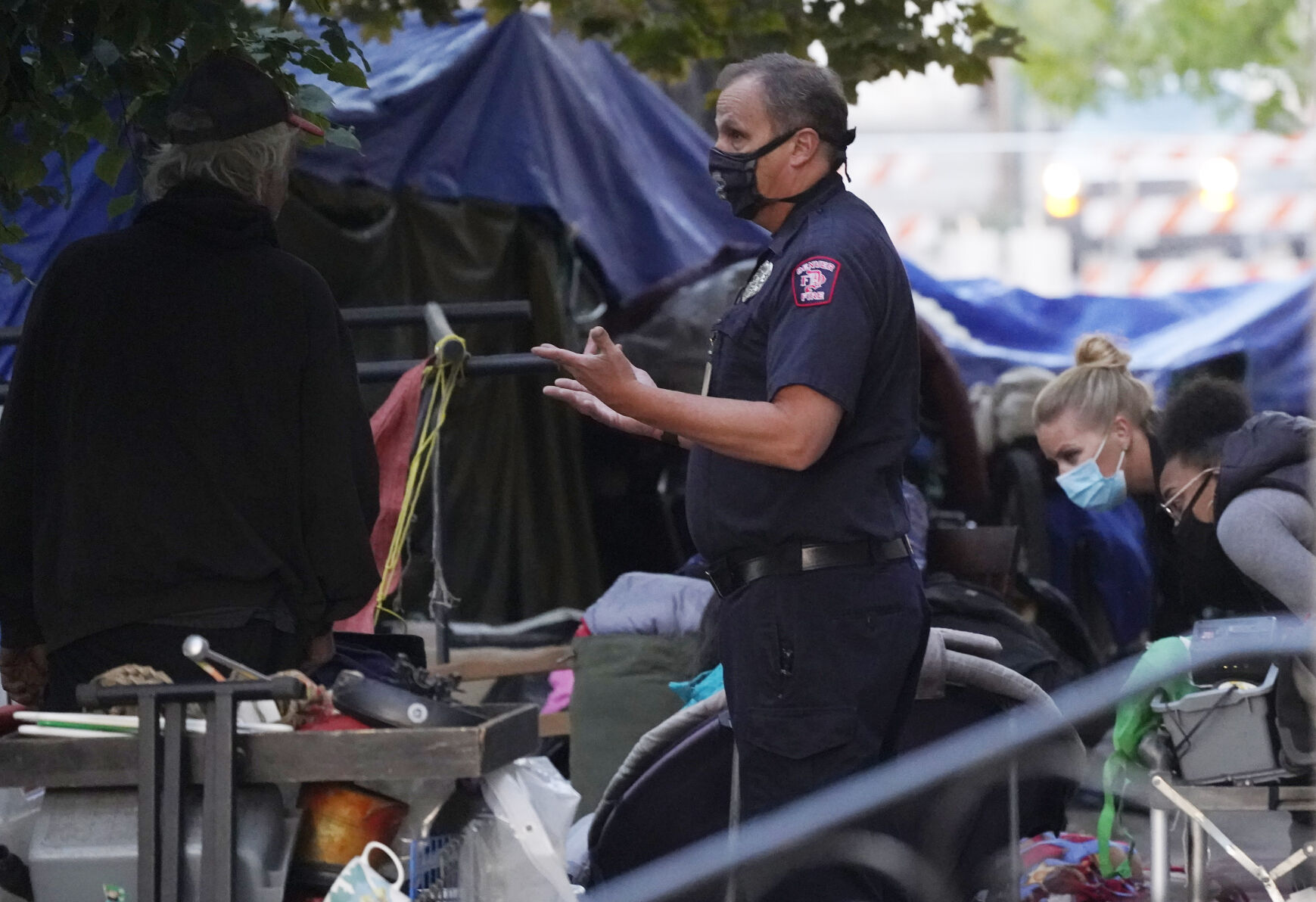
The city of Denver must provide more notice prior to conducting most sweeps on illegal homeless encampments, a federal judge ordered Monday.
While Judge William Martinez denied the rest of the claims in the class-action lawsuit filed in October by Attorney Andy McNulty, who sought that Denver stop forcefully disbanding makeshift encampments during the COVID-19 pandemic, Martinez said the city must provide at least seven days’ notice.
The seven-day guideline applies to typical sweeps. In emergency situations, where the sweeps address public health or safety risks, 48 hours’ notice must be given, and the Colorado Department of Public Health and Environment must sign off on such sweeps.
“[T]he Court concludes that the evidence does not support a finding that the public health situation in the … encampments was so exigent that effectively no advance notice was required before depriving Plaintiffs of most, if not all, of the meager property in their possession,” Judge William Martinez wrote.
Though Denver was already required to provide notice prior to sweeps, Martinez concluded that the city had chosen not to give such notices on several occasions in 2020 to avoid alerting citizens who were protesting the sweeps.
Martinez ruled that, by failing to inform the public of the sweeps ahead of time, Denver had threatened “First Amendment-protected activity,” a notion McNulty agreed with.
“That lack of notice violated the constitutional rights of an entire population of our city,” McNulty said. “That violation was, again, premised on Mayor Hancock and his officials not wanting folks to show up to protest and bear witness to the cruelty of the sweeps.”
In addition to providing notice prior to the sweeps, Denver must also directly inform McNulty and the district’s City Council representative of the sweeps and explain why they are happening.
In a statement, the city of Denver said it will likely appeal the ruling.
“Today’s ruling dangerously ties the hands of city officials and prevents us from acting swiftly in the case of a public health or safety emergency or significant environmental impacts,” the statement read.
“Our goal is always to connect our unhoused neighbors with shelter, housing, services, treatment and care while also balancing that with our chartered responsibility to protect the public.”
